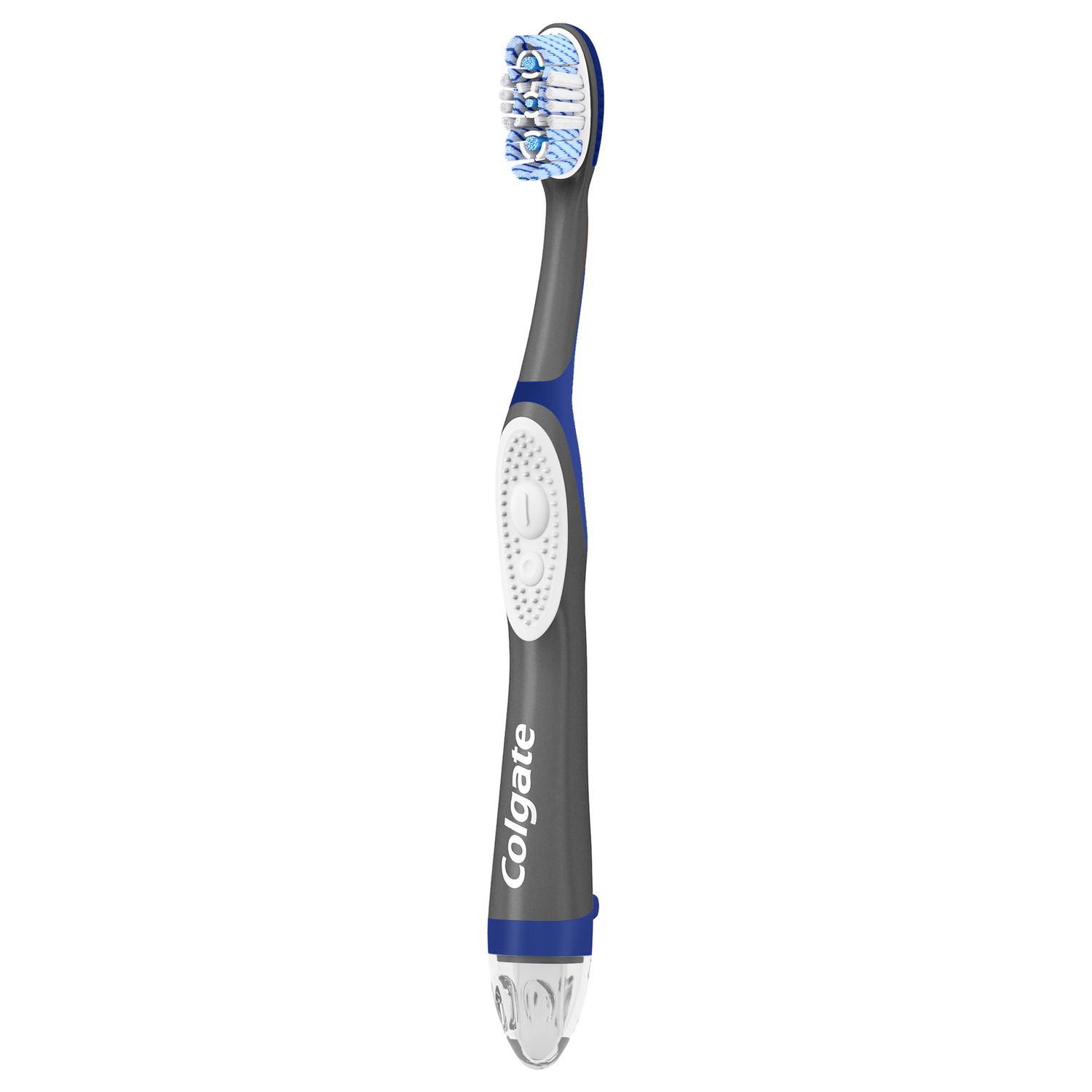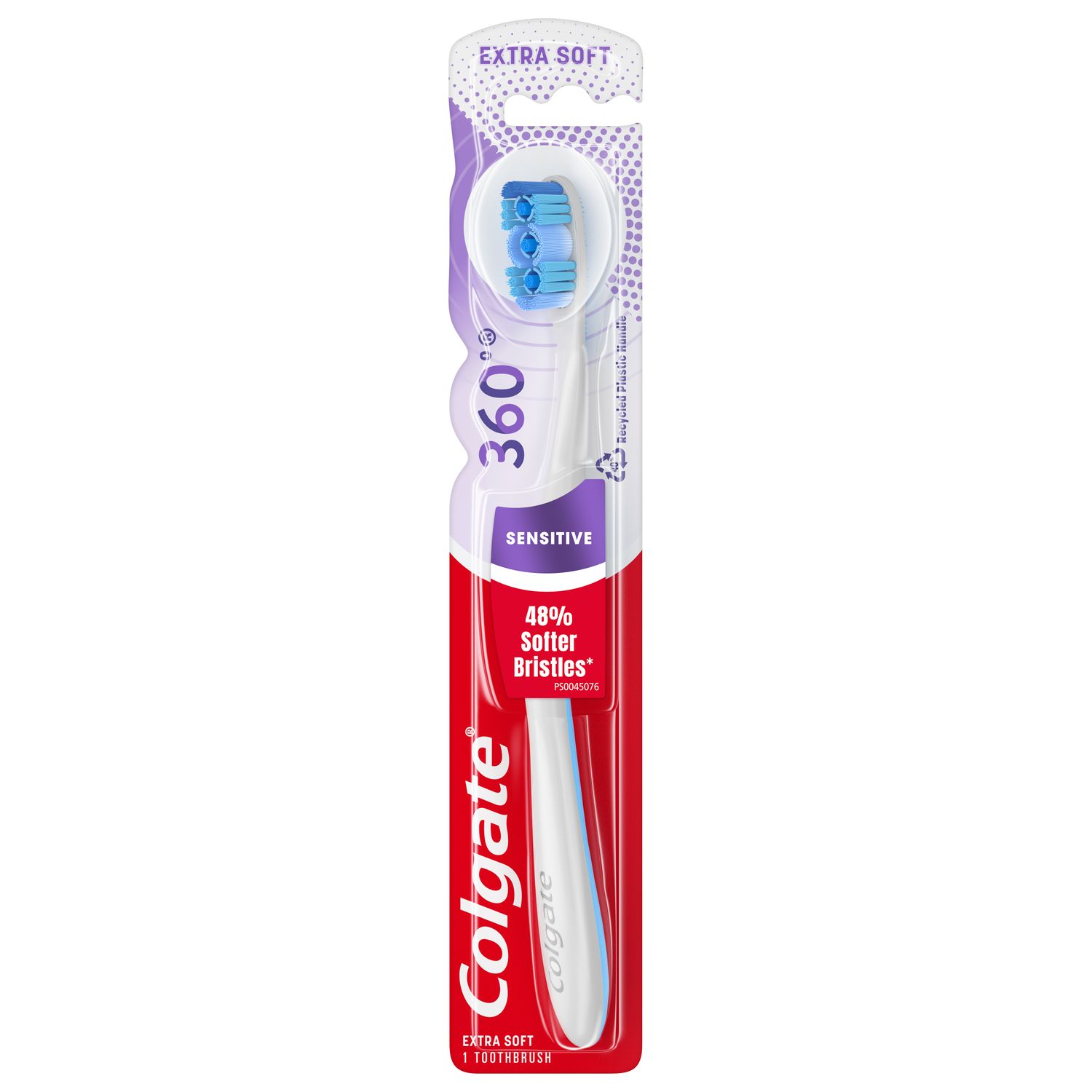Should you worry that eating sugar during pregnancy will have a lasting effect on your health or the health of your child? Just as eating an excessive amount of sugar affects your overall health when you're not pregnant, it can have an effect on your health and your baby's health during pregnancy.
Does Sugar Consumption Affect Developing Babies?
When you're pregnant, anything you eat is also consumed by your developing baby. There is some concern that eating a lot of sugar during pregnancy can have an effect on a child's cognition later in life. One study, published in the American Journal of Preventive Medicine, found an association between mothers drinking certain sweetened beverages (including diet sodas) during pregnancy and reduced cognitive skills in children. While this study doesn't prove having a sugary treat here and there will severely and negatively impact your child's health, it suggests that it's important to think consciously about what you eat when you're pregnant.
Effects of Sugar on Pregnant Women
Consuming a lot of sugary or sweetened foods during pregnancy may also have an effect on your physical health. About 7 in every 100 pregnant women in the U.S. develop a condition known as gestational diabetes, as the National Institutes of Health notes. Gestational diabetes develops during pregnancy and often goes away after delivery. However, it can increase your risk of developing type 2 diabetes later on, as well as increase your child's risk. If you are diagnosed with gestational diabetes, reducing the number of sweet foods you eat, including fruits, and limiting starchy foods can help you keep your blood sugar levels under control, as UCSF Health points out.
How Sugar During Pregnancy Impacts Your Dental Health
Even when you aren't pregnant, sugar can affect the health of your teeth, leading to decay and cavities. During pregnancy, you might have a slightly higher risk of developing tooth decay, particularly if your diet is high in carbohydrates or if you're dealing with morning sickness, as the American Dental Association (ADA) notes.
One way to protect your teeth and overall health while pregnant is to stick to a regular oral care routine. Brush your teeth at least twice a day and floss every day.
Some women may be concerned about seeing their dentist for a checkup and teeth cleaning during pregnancy — but they don't have to be. An article published in The Journal of the American Dental Association states that both the ADA and the American College of Obstetricians and Gynecologists believe that oral healthcare during pregnancy is safe and that delaying any treatment or preventative care isn't a good idea. The next time you're at the dentist, just let them know you're pregnant, and they'll take things from there.
Tips for Healthy Eating While Pregnant
While cutting back on sugar while pregnant is a healthy choice for you and your baby, those cravings can be really intense. When you need a bite to eat, the ADA recommends choosing low-sugar snacks, such as vegetables, cheese and unsweetened yogurt. Reading food labels can also help you determine if a snack is high in sugar.
The occasional chocolate bar or cookie isn't likely to hurt you or your child, but if you're concerned that your pregnancy diet has too much sugar in it, your OB-GYN can help. At your next prenatal visit, ask them for guidance and advice on putting together a healthy, low-sugar diet plan.
Oral Care Center articles are reviewed by an oral health medical professional. This information is for educational purposes only. This content is not intended to be a substitute for professional medical advice, diagnosis or treatment. Always seek the advice of your dentist, physician or other qualified healthcare provider.
ORAL HEALTH QUIZ
What's behind your smile?
Take our Oral Health assessment to get the most from your oral care routine
ORAL HEALTH QUIZ
What's behind your smile?
Take our Oral Health assessment to get the most from your oral care routine















